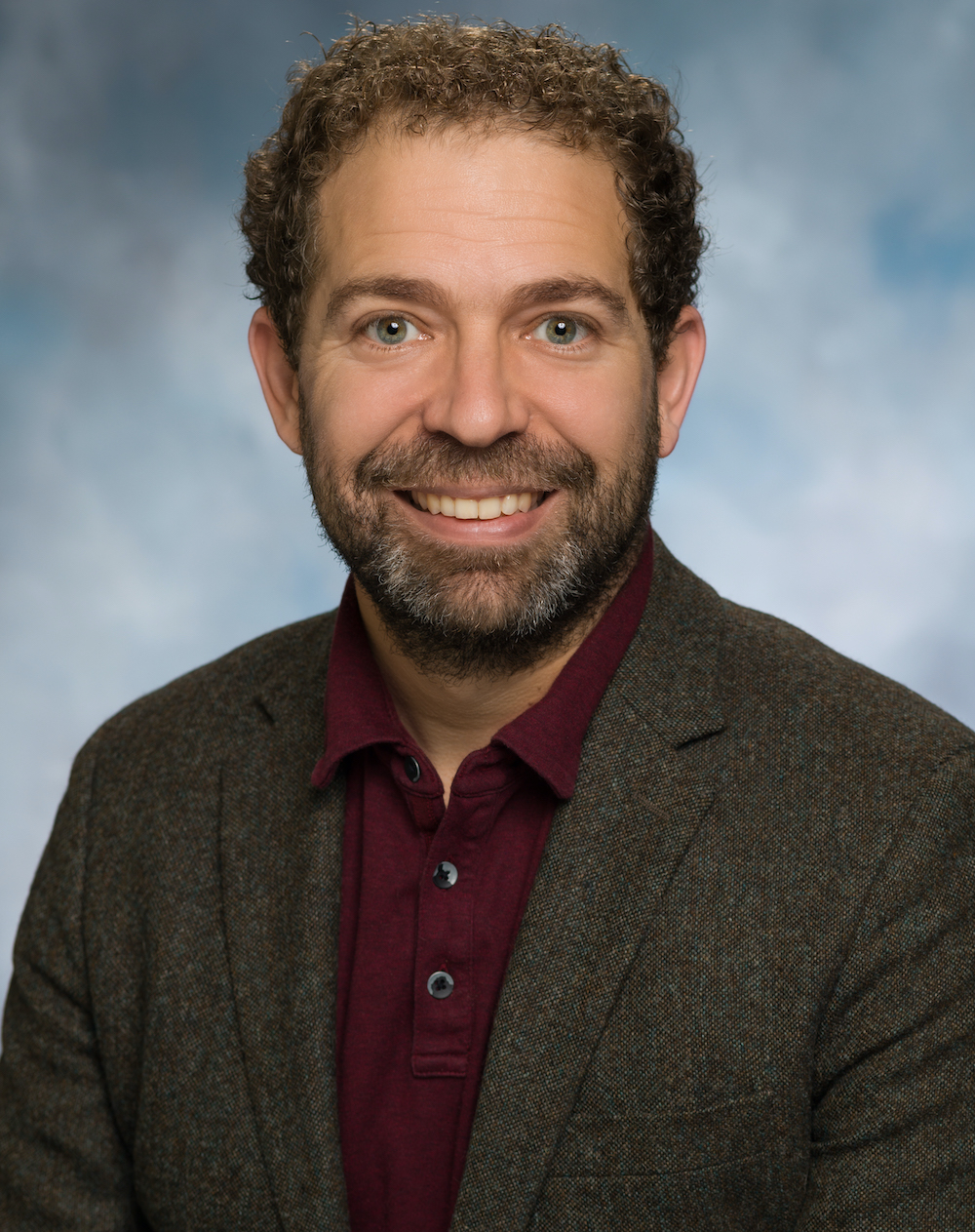New Brunswick, N.J., August 10, 2021 – T-cell acute lymphoblastic leukemia (T-ALL) is an aggressive type of leukemia. Despite advances in treatments, 20 to 50 percent of patients relapse and have an extremely poor prognosis, highlighting the need to discover new targeted therapeutic approaches. Rutgers Cancer Institute of New Jersey resident researcher Daniel Herranz Benito, PhD, was recently awarded a 2021 AACR-Bayer Innovation and Discovery Grant (21-80-44-HERR) from the American Association for Cancer Research (AACR) in the amount of $50,000 to further explore a novel mitochondrial uncoupling drug in the treatment of leukemia and a potential therapeutic strategy against T-ALL. He shares more about the project.
Why is this topic important to explore?
We have recently demonstrated that MB1-47, a newly developed mitochondrial uncoupling drug, shows very significant antileukemic effects in vivo (an approximate two-fold extension in survival), thus offering a novel therapeutic strategy for the treatment of T-ALL patients. Still, leukemic mice treated with MB1-47 as a single-agent invariably relapse. This is not surprising as curative T-ALL treatments are notoriously complex, and usually involve multi-agent regimens during induction, consolidation and maintenance phases. Thus, in this project, we want to investigate the mechanisms that leukemic cells use to eventually evade the effects of MB1-47 in order to design combination strategies with best chances of obtaining curative results.
What steps are involved in this project?
We will comprehensively dissect the metabolic landscape of MB1-47-resistant leukemia cells using gene expression profiling and metabolomic analysis. In addition, we will perform drug combination experiments in vitro and in vivo with currently used chemotherapeutic drugs in T-ALL patients, in order to look for potential synergistic effects. These results will help us design new treatment strategies with current treatments that will result in stronger antileukemic effects with decreased chances of relapse.
What are you aiming to find in this study?
We want to understand the mechanisms of resistance to MB1-47. In addition, we aim to identify potential synergisms of MB1-47 with currently used drugs in the clinic in the treatment of T-ALL patients, which might effectively lead to improved cure rates.
The project runs through June 2022.
###
For journalists – contact:
Krista Didzbalis
Media Relations Assistant
908-812-6114
krista.didzbalis@rutgers.edu
For patient appointments/inquiries – contact:
844-CANCERNJ (844-226-2376)


